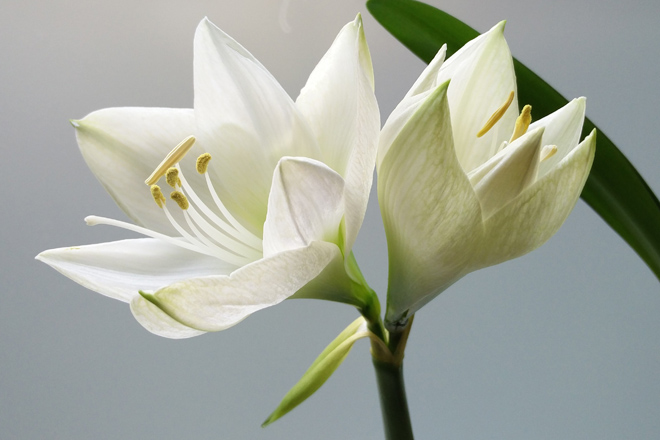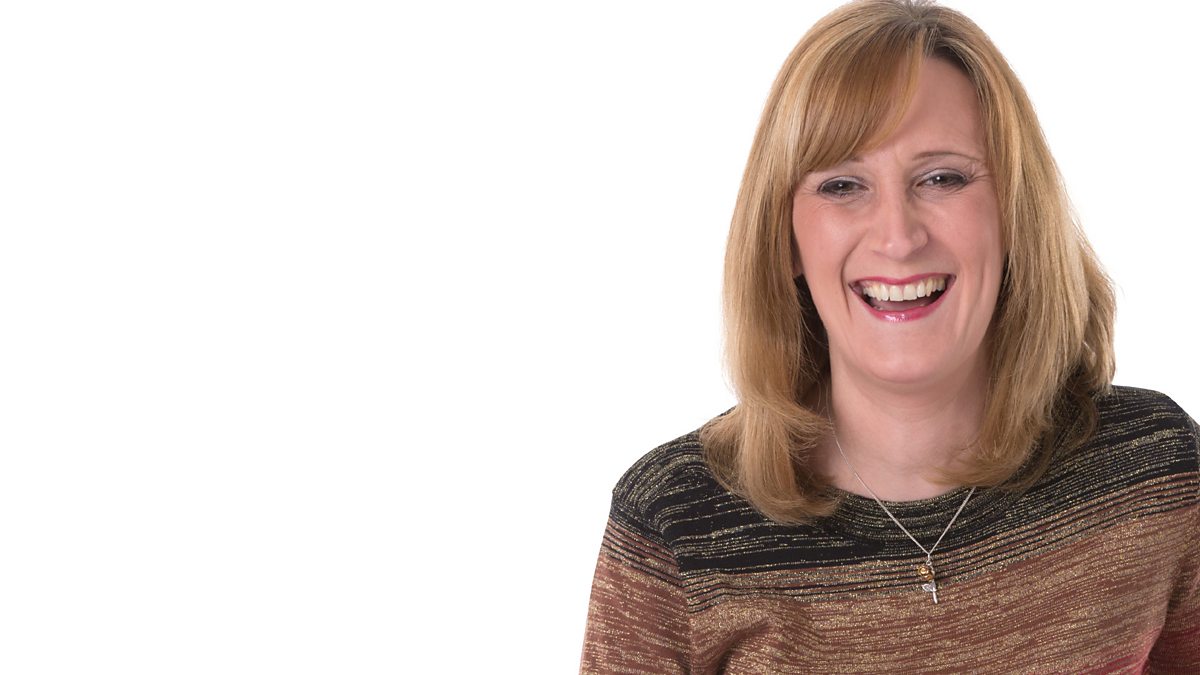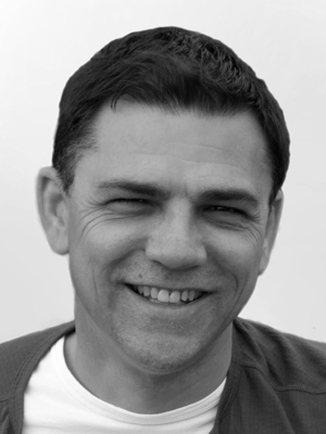|
I was invited onto BBC Radio Leeds to offer my thoughts on why we often feel strong feelings of loss, even though we may not personally know the person who has died.
'
The program is available for a limited time from the BBC website, and the interview starts at 35:00, with an introduction by Andrew Edwards. His slot had been extended to cover the days events. The transcript of our conversation, which has been edited for length, is included below, Andrew: Give me some thoughts, about this, there is a profound sense of loss, even though people did not know Jo. Mark: Yes it's very common after events like this to experience those very strong kinds of feelings, and even though that doesn't seem to make any sense to us. We don't know Jo Cox personally very well, we can also be very affected by it. I was sat here this afternoon thinking about this. And I think one of the things that is very common is this idea of celebrity. We often react really strongly with people that we know really well, that are famous and we have seen frequently on television, when they die. And one of the reasons that happens is mostly because we form a connection with them. We get to know them personally in some kind of way. So even though we have never met them, we develop this connection. What a counsellor might call attachment, and obviously when that gets severed we feel a sense of loss. We can get a reaction to that. Andrew: If we think back to Diana, that's shockingly 19 years ago now, 1997, and people talked as if that was the first time as a nation we had that sort of collective outpouring of grief. People talked as though that was something of a watershed. Are we more public perhaps with our emotions than perhaps we were, and seeing this young woman this young mother, released those now? Mark: I think so. I think there is definitely very much an emphasis on public grief. Actually we recognise it much more, and think there has certainly been a movement in private grief as well. We are much more aware of private grief. I think there are two factors with public grief is one that it is kind of expected. We kind of expect people now to show public grief, that's one part of it. And I think it also gives us permission, as well. That's another factor behind it. And I remember this story, this guy he actually he wrote about his experience of after Diana died, and what he said was. At his own father's funeral he didn't cry at all, and yet he cried at Diana's. And I think he said that it gave him permission to do that, because he was around people who were showing emotion, and that gives us permission to show our own emotions. Andrew: I am very interested Mark at that. We've just been hearing from people of different faiths. In fact there is a big gathering at a Muslim centre in west yorkshire, which we have been reflecting on. We were at a christain church vigils in Birstal. This whole idea of people of any faith/ no faith coming together. Just explain where humanism fits within all this. Mark: A humanist perspective is really a fundamental belief, really on my part so I don't really believe in god, although I think there is a role for god, within our lives. Really humanism is a sense we are all born with the ability to live full and rewarding lives, that's where it comes from. We already have everything that we need. Andrew: And what about this need that people seem to feel, to gather together. I have just seen now that another vigil will be held for Jo Cox in Parliament Square in London. Why do you think this is happening? Mark: Why do we gather together in a group? I think there is something about being close to other people when we are distressed, which comforts us. So, when we are feeling distressed we will seek out the comfort of other people, who feel like us. It's often one of the things people who have been bereaved talk about, finding someone else who has been bereaved to share that sense of distress with. And one of the interesting things about that, often people feel better afterwards. So they will talk about their experience of grief. They will share it with that person and feel better afterwards. Even though the topic is I guess has a sense of misery within it, that process is helpful and healing. Andrew: So if somebody is listening to this this afternoon, and thinking I am a bit confused by this, I am feeling really emotional. It's as if I have lost somebody close to me. You're saying there is nothing unusual about that? Mark: No, it's a very common reaction. And actually we feel better when we share that with other people. And just a quick anecdote, When I was on my counselling course, we have this thing called check-in, where we share our days events, and I was sat in a room of fifteen people. They were all things that were going on our lives that were distressing us, and the interesting thing was I felt better being part of something and sharing my sense of distress with other people. It was actually restorative and healing. So yes, gather together.
title image by Pexels
0 Comments
Leave a Reply. |
Categories
All
Archives
January 2021
|
BioI'm Mark, a Humanistic Counsellor. |
Home - Testimonials - Articles - Links - Contact - Book Appointment - Counselling Students - Privacy Policy - Terms
Mark Redwood, BA (Hons) Counselling, MBACP
© Mark Redwood 2015, 2016.2017 | Main portrait by Doug Freegard © 2015



 RSS Feed
RSS Feed